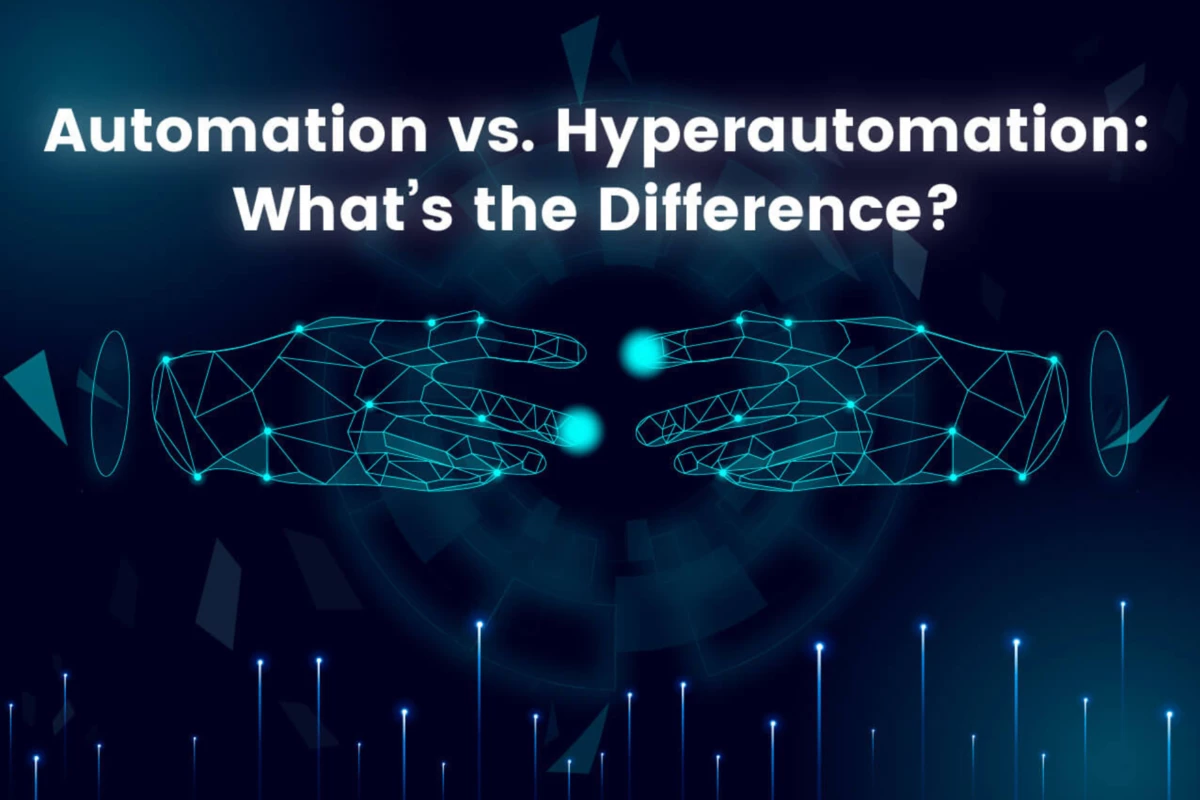Robotic process automation, a pilot of effectiveness, influences the healthcare sector. With the help of these RPA use cases in healthcare industry, companies should look to harness their credibility in data and automation to drive the use of RPA in this sector.
In addition, the emphasis for healthcare providers is on how to reduce inefficiencies in the delivery of treatments. They must address everything from making treatment appointments for patient data across apps and reducing standby times to managing financial operations more efficiently.
In nearly every aspect you look at in the healthcare sector, there are chances for physical and duplicated processes. And, crucially, free up healthcare professionals from time to time for their cases.
The introduction of RPA in healthcare will revolutionize the healthcare sector. Leveraging RPA in healthcare industry will gift a possible answer for numerous issues associated with healthcare. On the other hand, RPA bots will automate rule-primarily based duties in excessive volumes. Such bots can shop and manage data, techniques transactions, talk with different virtual systems, and cause responses. Hence, RPA bots can generate correct outcomes and keep away from errors.
How is RPA used In Healthcare?
RPA in healthcare industry is a software program that will orchestrate different programs. It plays tedious back-workplace obligations, duly releasing healthcare workers’ time for diagnostics and doctor-patient interactions.
In particular, intelligent process automation is accurate at
- Processing transactions,
- Manipulating data,
- Setting off responses, and
- Converting internal and external IT systems.
Above all, healthcare structures comprise a couple of rigorous responsibilities and strict rules. It requires a tremendous quantity of essential resource allocation. Which include claims control and affected person scheduling which ends in inefficiencies, excessive expenses of operations, and steady approaches.
By leveraging the energy of automation and RPA, the healthcare sector can cope with those problems and make healthcare structures efficient, approaches faster, and enhance the overall satisfaction of a patient.
DOWNLOAD OUR REPORT RPAChallenges in RPA implementation in Healthcare
With the challenges enlisted below, we can understand how RPA use cases in healthcare will help us overcome them.
RPA achieves short-term results
RPA provides seamless implementation advantages and a higher consumer experience. That executes for quicker solving issues and benefits from it. But while we speculate reaching long-time results, it calls for complicated Omni-channel structures and workflow overview and optimization.
Lack Of Capability
Of course, the RPA gear to be had these days are superior and holds contemporary features that don’t have restricted machine learning talents with a few tools. The actual scope of automation will boom with the AI and instrument functionality integration with RPA tools.
Ownership
Who owns RPA solutions? Is it led by way of means of IT or Business groups? Business desires to offer the requirement, approve the results layout for feasibility in UAT and compute the success rate. However, IT groups have a restrained position commonly constrained to presenting assistance in infrastructure necessities and taking a look at test data.
Businesses do not always offer the particular technical requirement at the time of BRD or outline the take look at eventualities as required by QA groups. The want for business analysts is the utmost. But they’re restrained expertise to withinside the market, who has publicity to RPA and knows its value.
Change Management
Business and IT groups want to collaborate and proactively offer organizational updates to the RPA aid to upgrade as soon as they’re withinside the production. It may also create add-on-demanding situations if more than one package is. Any extrusion withinside the front quit UI will affect the RPA script hence, the outcome.
RPA Use Cases in Healthcare
There is numerous potential for automation in healthcare. Following are the RPA use cases in healthcare industry.
Revenue Cycle Management
From authorization, coding, and remittance to the whole thing in between, healthcare control its sales cycle efficiently. Moreover, they can allow their groups to reclaim the price of care and remove confusion around fee obligation and eligibility with the guidance of a virtual workforce.
Patient appointment scheduling
Implementing RPA in healthcare industry can clear up all issues associated with scheduling patient appointments. RPA bots can automate patient records cluster and processing. Likewise, RPA bots optimally agenda patient appointments in step with diagnosis, location, medical doctor availability, and different criteria. RPA structures can experiment with patient records to create a report that may be dispatched to a referral control consultant to restore the appointment. Therefore, RPA bots can remind patients when doctors are unavailable for consulting.
Billing, Payments, and Claims Control
RPA also can streamline the agreement of payments, amalgamating numerous charges together with tests, medicines, meals, and physician fees right into a simplified discharge. This low and correct processing of payments into a bill saves time for health experts and might free you from billing inaccuracies. Furthermore, RPA may be programmed to forward personalized reminders to patients if there’s a postponement or trouble in payment.
Claims Management/Medical Claims Automation
With sensible automation, a healthcare provider can system claims in hours rather than weeks. Further, lessen declared dealing with time, offer much-wanted help to patients, and decrease the range of unpaid claims. Using virtual employee claims control can cast off mistakes. As records re-entry and offer a platform that may be without difficulty up to date in step with converting authorities’ regulations.
After remedy care
RPA also be used to manipulate after-discharge care, permitting patients with a bit of luck to recover after leaving the hospital. For example, RPA is for reminding patients of approximate movements that include taking medication, taking nutrients, or following a meal plan. Additionally, RPA may want to nudge patients to compute data, including blood pressure levels, after which the RPA may want to notify healthcare specialists. In this way, the RPA acts as a means of conversation between the doctor and the patient, which enhances the patient experience, allows home recovery, and relieves pressure on hospital beds for healthcare providers.
Companies need to be interested in this possibility no longer best because of the ability to enlarge and improve healthcare. However, it can even assist companies in their function withinside the healthcare industry. It will offer them new sales streams as they play on this part of the administration, past easy connectivity, facilitating this automation of medical processes. RPA advanced means of automation, AI, and analytics companies need to harness their records and privacy credibility and sharpen their abilities in AI to pressure good-sized development in healthcare RPA.



